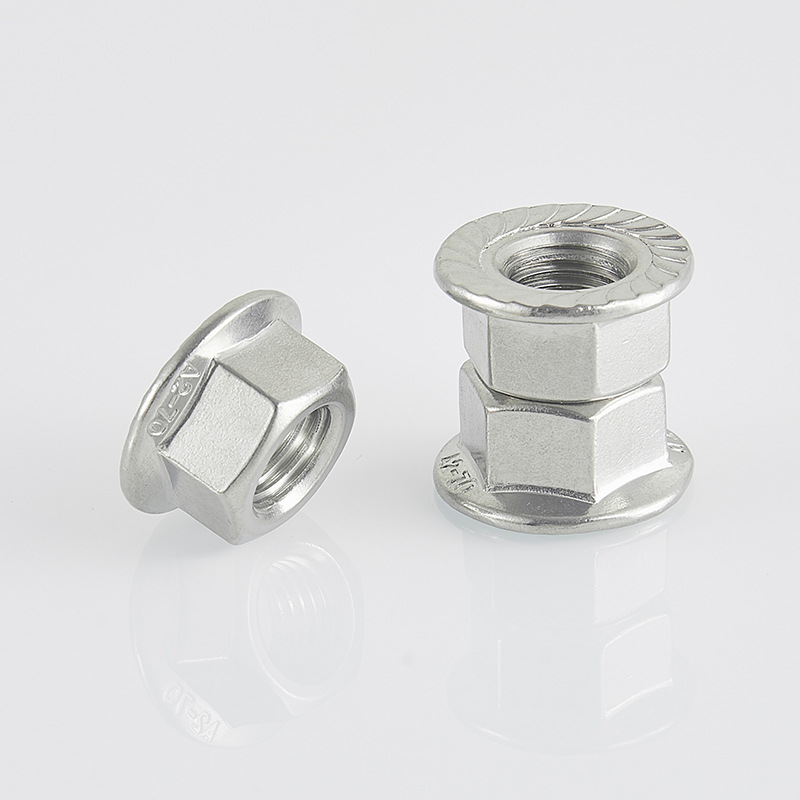

Thin and Flat Rubber Washers for Versatile Applications and Reliable Sealing Solutions
Dec . 09, 2024 20:18 Back to list
Thin and Flat Rubber Washers for Versatile Applications and Reliable Sealing Solutions
The Importance of Thin Flat Rubber Washers in Various Applications
Thin flat rubber washers are small yet essential components found across multiple industries, from automotive to manufacturing to household appliances. These seemingly simple items play a significant role in ensuring the reliability and functionality of a wide range of products. This article explores the importance, applications, and benefits of thin flat rubber washers.
What Are Thin Flat Rubber Washers?
Thin flat rubber washers are circular discs made of rubber or elastomeric materials, typically featuring a hole in the center. They serve as spacers or seals between two surfaces to distribute load, reduce vibration, prevent leakage, and minimize wear and tear. Their thin profile allows them to fit snugly in tight spaces where thicker washers would be impractical.
Key Applications
1. Automotive Industry In the automotive sector, thin flat rubber washers are used in various applications, including engine assemblies, fuel systems, and braking systems. They help in sealing connections, preventing fluid leakage, and reducing noise and vibration, enhancing overall vehicle performance.
2. Manufacturing and Machinery In manufacturing plants, thin flat rubber washers are integral to machines and equipment. They are commonly used in assembly lines and production machines to ensure tight fittings and minimize friction between moving parts, thereby increasing the lifespan and efficiency of the machinery.
3. Plumbing In plumbing applications, these washers are often used in faucets, pipes, and valves to create watertight seals. By preventing leaks, they help conserve water and maintain overall system efficiency.
4. Electronics Thin flat rubber washers are also essential in electronic devices, providing insulation and mechanical stability in components such as circuit boards and connectors. They help prevent damage from vibrations and external forces, ensuring the longevity of electronic products.
thin flat rubber washers

5. Household Appliances Many household appliances, including washing machines, dishwashers, and refrigerators, utilize thin flat rubber washers. They play a crucial role in sealing, buffering, and supporting various internal components, contributing to the optimal performance of these appliances.
Benefits of Thin Flat Rubber Washers
1. Vibration and Noise Reduction One of the primary benefits of using thin flat rubber washers is their ability to dampen vibrations and reduce noise. This is particularly important in automotive and industrial applications where sound and vibration control significantly impact user experience and equipment lifespan.
2. Corrosion Resistance Rubber washers are naturally resistant to moisture, chemicals, and corrosion, making them ideal for various environments, especially in plumbing and automotive applications where exposure to fluids is common.
3. Cost-Effective Due to their simple design and materials, thin flat rubber washers are typically inexpensive compared to other solutions. This cost-effectiveness makes them a popular choice across industries, allowing manufacturers to maintain quality without escalating production costs.
4. Customization Rubber washers can be easily customized in terms of size, material, and hardness to meet specific application requirements. This versatility allows engineers and designers to tailor solutions to unique challenges, enhancing performance and reliability.
5. Ease of Installation Their lightweight and thin profile make thin flat rubber washers easy to handle and install, streamlining assembly processes and saving valuable labor time in manufacturing and maintenance activities.
Conclusion
Thin flat rubber washers, although small in size, are vital components that contribute significantly to the functionality and efficiency of countless products and systems. Their applications span various industries, providing essential benefits such as vibration dampening, corrosion resistance, and cost savings. As technology continues to advance, the role of these simple yet effective components will only become more critical, underscoring their importance in modern engineering and manufacturing practices.
Latest news
-
High-Strength Hot-Dip Galvanized Bolts-Hebei Longze|Corrosion Resistance&High Strength
NewsJul.30,2025
-
Hot Dip Galvanized Bolts-Hebei Longze|Corrosion Resistance&High Strength
NewsJul.30,2025
-
Hot Dip Galvanized Bolts - Hebei Longze | Corrosion Resistance, High Strength
NewsJul.30,2025
-
High-Strength Hot Dip Galvanized Bolts-Hebei Longze|Corrosion Resistance, Grade 8.8
NewsJul.30,2025
-
Hot Dip Galvanized Bolts-Hebei Longze|Corrosion Resistance,High Strength
NewsJul.29,2025
-
High-Strength Hot Dip Galvanized Bolts - Hebei Longze Metal Products Manufacturing Co., Ltd.|corrosion resistance&high strength
NewsJul.29,2025

